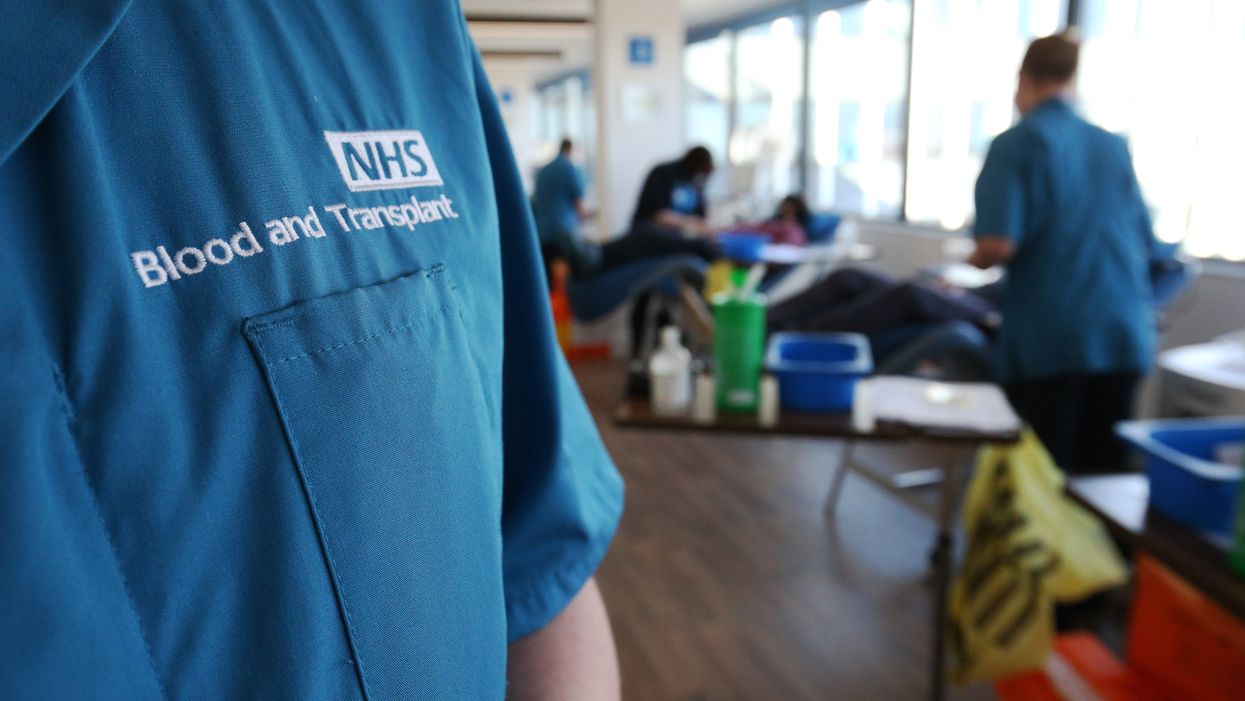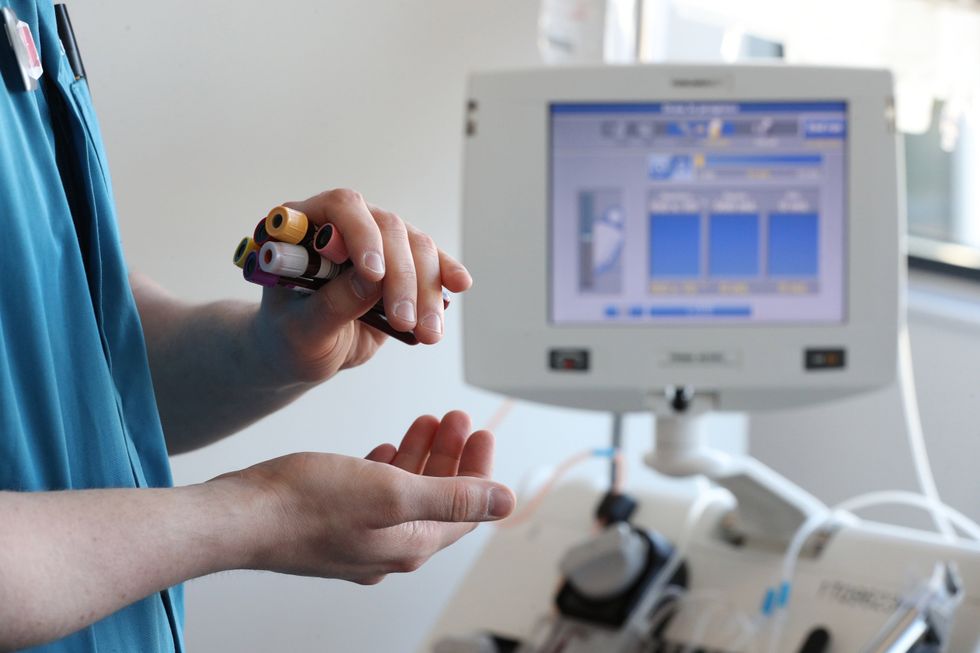
Blood donors in England are now able to give a little extra help as their contributions are used to make lifesaving plasma medicine.
The first blood donations to be used in this way will be taken from Tuesday, with the approach being rolled out across England over several months.
Eventually, around 250,000 litres of plasma from around one million blood donations each year will be used to make a medicine which treats rare immune diseases.
NHS Blood and Transplant (NHSBT) said the plasma will bolster supplies of the medicine – known as immunoglobulin – which it said is facing supply pressures made worse by Covid-19.
This is a huge new step forward for the wider NHS and the thousands of people who rely on immunoglobulins
Gerry Gogarty, NHS Blood and TransplantUntil now the UK had been relying solely on imports of immunoglobulin medicine, which are received by around 17,000 people every year.
Many recipients are clinically vulnerable people who have been shielding during the coronavirus pandemic, NHSBT said.
Specific donations of blood plasma began back in April, but from Tuesday the first of England’s 770,000 blood donors will begin their contribution, with the first such donations due to be taken at Manchester Norfolk House Blood Donor Centre, and by mobile blood donation teams covering Liverpool, Taunton and Bath.
Minister for innovation Lord Bethell described it as a “historic day for the future of blood donations in the UK”.
While most of a person’s blood is made up of plasma – the fluid which carries the red blood cells, antibodies and other components around the body – generally it is only the red blood cells which are used in a normal blood transfusion.
Most of the leftover plasma – which can save lives because it contains antibodies that fight infections – was not used for patient treatment and none could be used for this immunoglobulin medicine until now.
The change follows the Government lifting a ban in February which was imposed on UK donors in 1998 amid concerns about the spread of a human variant of bovine spongiform encephalopathy (BSE), known as Creutzfeldt-Jakob disease (CJD).
Red blood cells will continue to be used as normal so there will be no impact on blood supply, NHSBT said.
Gerry Gogarty, the lead for plasma for medicines at the organisation, said: “Your blood is mostly made up of plasma and it contains the antibodies which fight infections. Those antibodies can save the lives of people with faulty immune systems.
“By recovering plasma from blood donations, we can improve long-term supplies of immunoglobulin medicine, and each generous blood donation will go even further in helping to save lives.
“This is a huge new step forward for the wider NHS and the thousands of people who rely on immunoglobulins.”
Lord Bethell said: “This is a historic day for the future of blood donations in the UK, marking a new beginning for not only the absolutely vital donation process, but for the thousands of people whose lives will be changed by these treatments too.
“I urge as many people as possible to undertake this simple but heroic action of donating blood, and you can be extremely proud that your contributions are saving more lives than ever before.”














